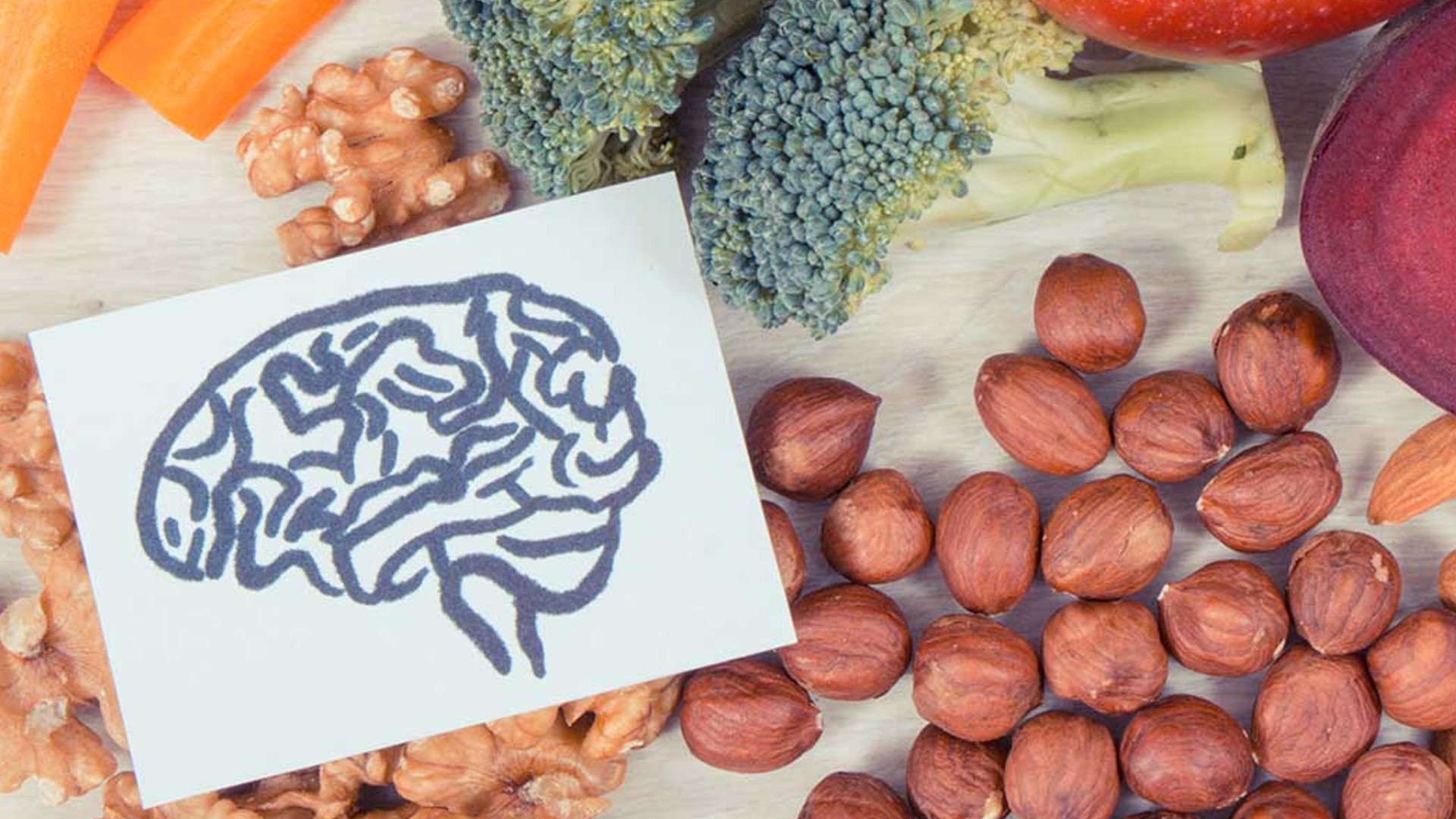Mental Health and Nutrition

What we eat and how we eat can have a major impact on our mental health. For example, foods with food dyes can worsen ADHD symptoms in some children. Inadequate intake of various nutrients including folate, magnesium, selenium, vitamin D, B-vitamins and zinc can play a role in exacerbating symptoms of anxiety and depression. There is also emerging and ongoing studies looking into gut health and the microbiome and its role into various mental health disorders such as schizophrenia, bipolar disorder, anxiety/depression, autism spectrum disorders and Alzheimer’s disease. A whole food, minimally processed diet that incorporates a variety of foods from the colors of the rainbow can be implemented to meet the micronutrients needed to help support mental health. This lifestyle approach can also introduce a variety of prebiotic foods in the GI tract to help support a healthy microbiome. If you are interested in learning how to optimize your diet to help support your mental health, please don’t hesitate to ask your physician for a referral to see a dietitian or reach out to us directly for a consultation.
Sources:
https://www.psychologytoday.com/us/blog/helping-kids-through-adhd/202002/food-dyes-and-adhd
https://www.ncbi.nlm.nih.gov/pmc/articles/PMC3441937/
Spectracel Laboratories handout on nutrients and depression, nutrients and anxiety. www.spectracell.com
https://www.ncbi.nlm.nih.gov/pmc/articles/PMC5641835/
https://www.ncbi.nlm.nih.gov/pmc/articles/PMC5373703/
https://www.sciencedirect.com/science/article/abs/pii/S0889159116305578
https://www.frontiersin.org/articles/10.3389/fcimb.2022.915701/full
https://molecularneurodegeneration.biomedcentral.com/articles/10.1186/s13024-023-00595-7
- Please leave a question here and your question may be answered in our next blog post.
